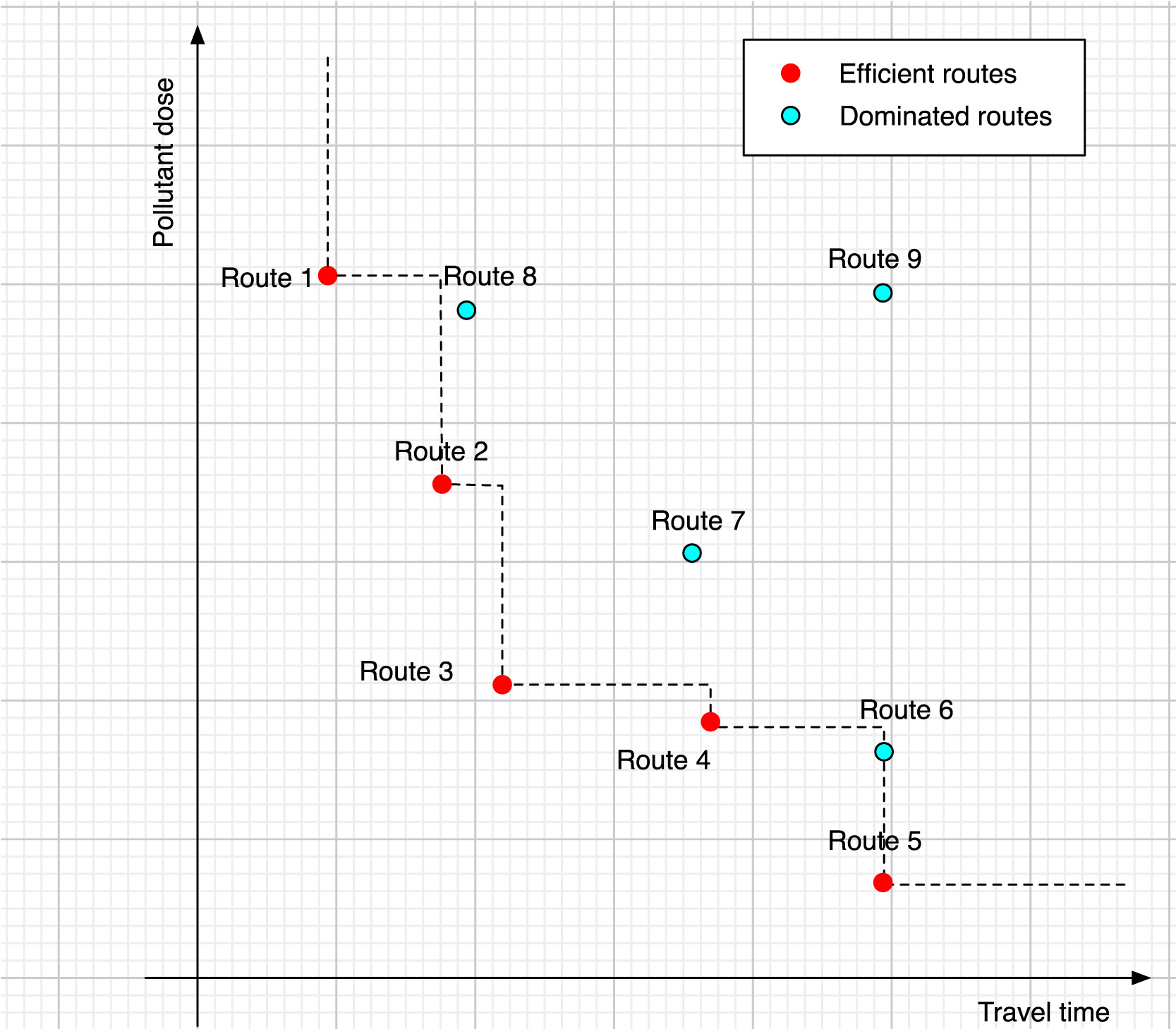Rapid ocean warming as a result of climate change poses a key risk for coral reefs. Even if the goals of the Paris Climate Agreement are achieved, coral reefs are likely to decline by 70–90% relative to their current abundance by midcentury. Although alarming, coral communities that survive will play a key role in the regeneration of reefs by mid-to-late century.
Integrated governance for the food–energy–water nexus – The scope of action for institutional change
Despite a major, policy-driven increase in research on the food–energy–water (FEW) nexus in recent years, research addressing the required changes in policy structures and processes for an effective, integrated governance of FEW nexus resources is still in its infancy. This paper adapts the Institutional Analysis and Development Framework to the requirements and challenges of FEW nexus governance and sets a special focus on action situations, actors, and institutions. The analysis thus contributes to the debate about the practicality and benefits of a comprehensive FEW nexus policy approach.
This review discusses the identification and quantification of microplastic (MP) using Raman microspectroscopy (RM). It addresses scientists investigating MP in environmental and food samples. We show the benefits and limitations of RM from a technical point of view (sensitivity, smallest particle sizes, speed optimizations, analysis artefacts and background effects) and provide an assessment of the relevance of lab analyses and their interpretation (sample sizes for the analysis, uncertainty of the analysis).
Cyclists form the most vulnerable road user group in terms of injury from traffic accidents, as well as exposure to traffic-related air pollution. Ironically, commuter cyclists are often motivated by improvement in health and fitness. Cycleways away from traffic with lower concentrations of pollutants from motorised vehicles sometimes result in longer distances and hence require longer travel times, while alternative routes sharing the road with other traffic, sometimes with buses, might result in exposure to higher pollutant concentrations.
Carbon dioxide (CO2) capture using CaO-based adsorbents has recently attracted intense attention from both academic and industrial sectors in the last decade due to the high theoretical capacity of CO2 capture, low cost, and potential use in large scale. However, the successful development of CaO-based adsorbents is limited by significant sintering of adsorbent particles over a number of cycles of CaO carbonation/calcination. In this work, a systematic understanding of fundamental aspects of the cyclic carbonation/calcination of CaO-based materials is reviewed.
Human mobility and inequality have determined one another throughout modern history, from the effects of labour migration to processes of urbanisation. The Sustainable Development Goals now offer an opportunity to re-examine this complex relationship in a globalized world. Drawing on major research evidence and key debates, this review article proposes a framework of mobility equity as part of SDG 10, which foresees the reduction of inequalities within and among countries by 2030.
This work intends to develop an intelligent, four-dimensional (namely X-Y-Z plus somatosensory), partial control, and virtual-reality-enabled Tai-Chi System (VTCS). Tai-Chi is a traditional mind-body wellness and healing art, and its clinical benefits have been well documented. VTCS integrates Tai-Chi with a series of cutting-edge computer technologies including 4D sensor technology, big-data, signal processing and analysis, human body kinematics, deep learning, virtual reality, and 4D-reconstruction, etc.
Explore in-depth analysis on microplastic pollution in soil, its ecological risks, and innovative analytical methods for managing this emerging challenge.
To further goal 3, XpertHR have produced a webinar that offers guidance on how to effectively promote mental and emotional health in the workplace.
To support goal 3, XpertHR have produced a podcast that outlines the importance of mental health first-aid at work.

